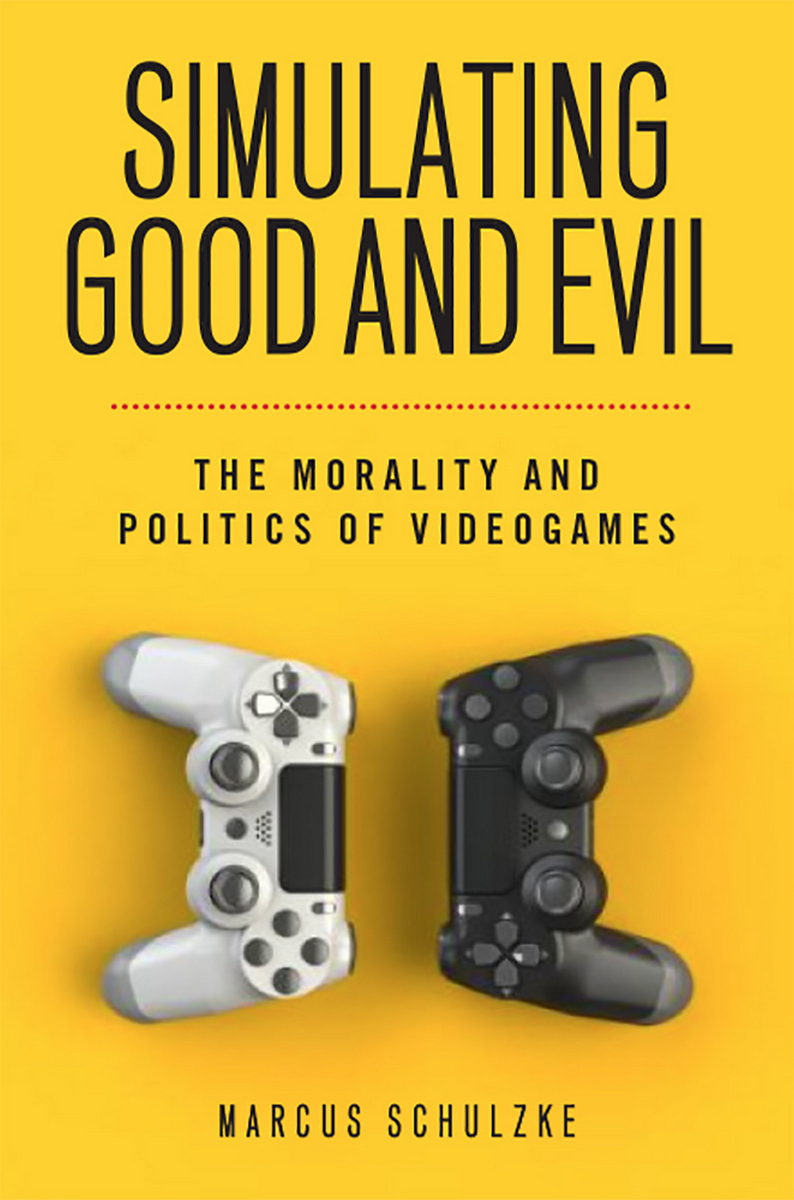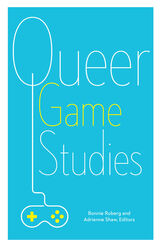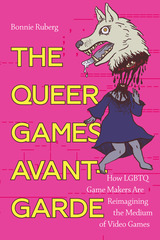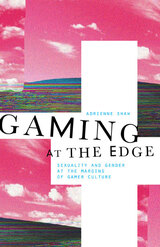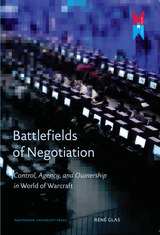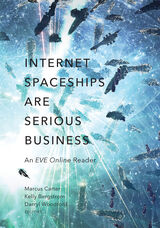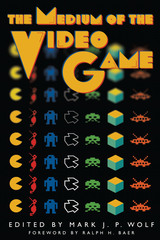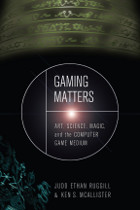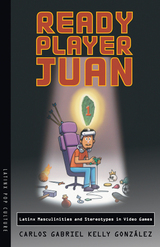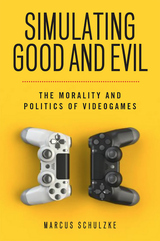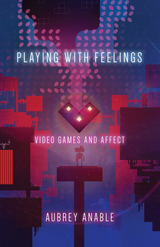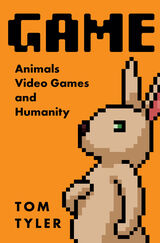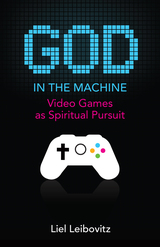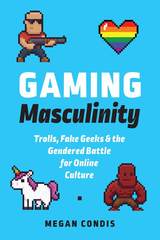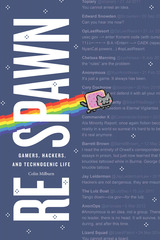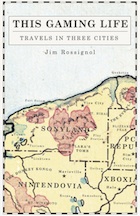Simulating Good and Evil: The Morality and Politics of Videogames
Rutgers University Press, 2020
eISBN: 978-1-9788-1860-6 | Cloth: 978-1-9788-1857-6 | Paper: 978-1-9788-1856-9
Library of Congress Classification GV1469.34.M67S38 2020
See other books on: Evil | Games & Activities | Human-Computer Interaction (HCI) | Video & Mobile | Video games
See other titles from Rutgers University Press
eISBN: 978-1-9788-1860-6 | Cloth: 978-1-9788-1857-6 | Paper: 978-1-9788-1856-9
Library of Congress Classification GV1469.34.M67S38 2020
ABOUT THIS BOOK | AUTHOR BIOGRAPHY | REVIEWS | TOC
ABOUT THIS BOOK
Simulating Good and Evil shows that the moral panic surrounding violent videogames is deeply misguided, and often politically motivated, but that games are nevertheless morally important. Simulated actions are morally defensible because they take place outside the real world and do not inflict real harms. Decades of research purporting to show that videogames are immoral has failed to produce convincing evidence of this. However, games are morally important because they simulate decisions that would have moral weight if they were set in the real world. Videogames should be seen as spaces in which players may experiment with moral reasoning strategies without taking any actions that would themselves be subject to moral evaluation. Some videogame content may be upsetting or offensive, but mere offense does not necessarily indicate a moral problem. Upsetting content is best understood by applying existing theories for evaluating political ideologies and offensive speech.
See other books on: Evil | Games & Activities | Human-Computer Interaction (HCI) | Video & Mobile | Video games
See other titles from Rutgers University Press
